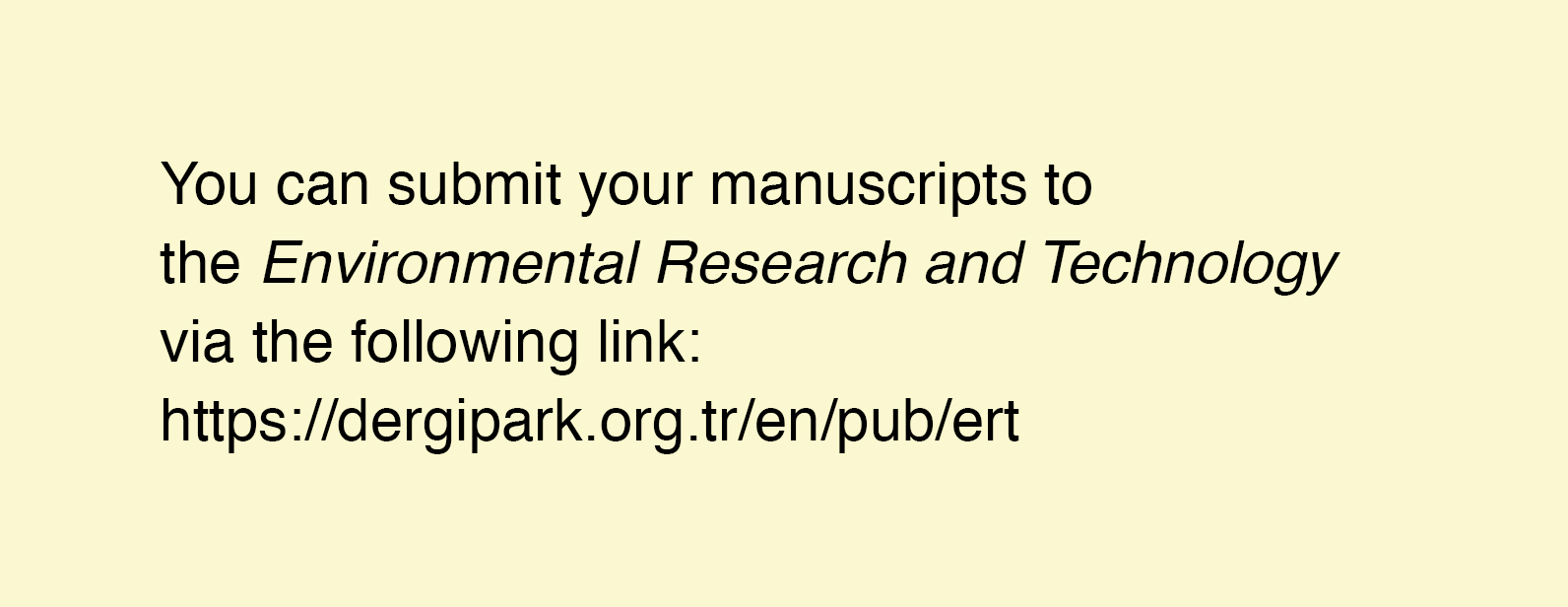Abstract
The concept of integrated solid waste management is based on the strategies of waste prevention, waste reduction, reuse, recycling (including composting), incineration and disposal at existing landfills. Solid waste characterization is the basis for integrated solid waste management. It is important to identify the solid waste composition for the determination, planning and implementation of any solid waste management system. In order to ensure a cleaner environment and lower greenhouse gas emissions; Turkey requires more robust and coherent strategies regarding the solid waste management system. In order to plan an efficient integrated solid waste management system and ensure a circular economy, it is necessary to include all the materials and production resources in the solid waste stream. The first step in waste management studies is to determine the waste characteristics. The characterization study performed by ISTAC includes the determination of the timing and the selection of neighborhoods of the waste to be collected, collection of representative samples of unprocessed waste, manual sorting of the waste into individual waste components, data collection, laboratory analysis and reporting of the results. The characterization results have been analyzed and suggestions on the sustainable management of biodegradable waste have been introduced. This paper focuses primarily on Biodegradable Municipal Waste (BMW), which is produced largely by households and commerce. The National Strategy on Biodegradable Waste has to set out and enforce a range of measures to meet EU’s ambitious diversion targets. The key to success is for all involved– local authorities, waste operators, businesses and householders – to play their part in the successful implementation of the full range of integrated waste management options. Even though there are legislations, broad support in their implementation should be provided by the Government.











